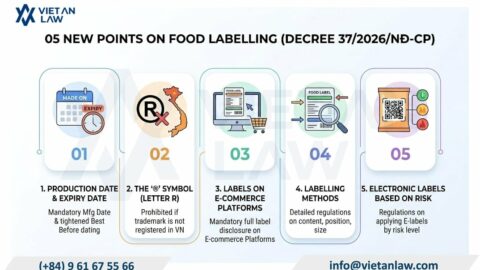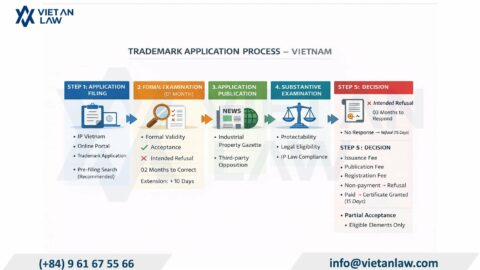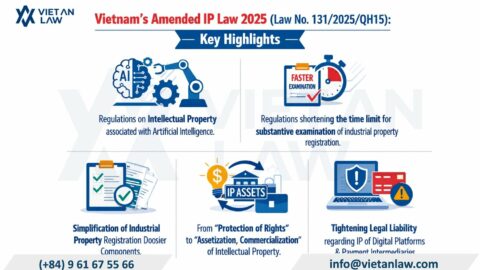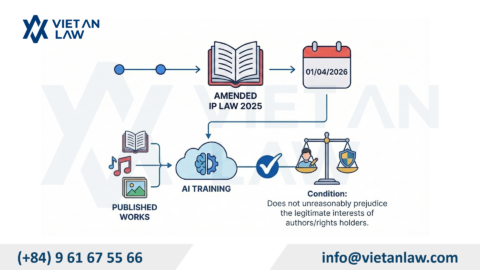South Korea is a country famous for its dynamic and highly competitive economy, protecting trade secrets is not only an option but also a determining factor for the survival and development of businesses. In the context that key industries such as information technology, electronics and automobiles are always facing fierce competitive pressure, owning unique business secrets is the key for these businesses to differentiate themselves and dominate the market. A trade secret is not merely a competitive advantage, but also a valuable intangible asset that can be valued and traded. It is the foundation for innovation, creativity and development of new products and services. However, protecting this intangible asset is not simple. South Korea’s legal system has legal provisions to protect the intellectual property rights of businesses, including trade secrets. However, the law only acts as a protective barrier, and the effective protection of business secrets depends greatly on the awareness and actions of each enterprise. Viet An Law would like to guide customers on the protection of trade secrets in Korea through the article below.
Table of contents
In South Korea, trade secrets are strictly protected by the Unfair Competition Prevention and Trade Secrets Protection Act (UCPA). This Act not only clearly defines trade secrets and illegal appropriation, but also provides for strict legal measures to protect the rights of owners.
Specifically, when there is an act of infringing on business secrets, the owner has the right to request the court to order a ban, compensate for damages, restore reputation and even initiate criminal proceedings against the violator.
In addition, if that confidential information falls under “industrial technology” under the Industrial Technology Protection and Disclosure Prevention Act (ITPA), it will be protected by both acts. Depending on the nature of the information and the relationship between the parties involved, many other laws may also be applied to protect trade secrets, such as laws on supporting small and medium-sized enterprises, on competition, on outsourcing contract transactions, etc. etc.
Under the Unfair Competition Prevention and Trade Secrets Protection Act (UCPA), a trade secret is defined as “any useful technical or business information that has not been made public, has independent economic value, and is confidential by the owner.” This means that any type of information, from production methods to sales methods, can be protected as a trade secret as long as it fully meets the above criteria.
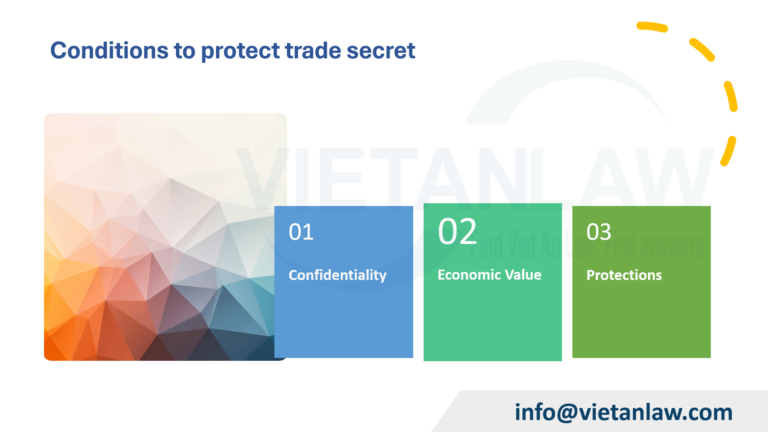
Under the Unfair Competition and Trade Secrets Protection Act (UCPA), in order to be protected, an information must meet the following criteria:
In other words, only information that is unique, provides value, and is carefully protected by the owner is recognized by law as a trade secret.
In principle, trade secrets can be protected indefinitely as long as the conditions are fully met. However, in practice, the duration of protection is usually limited by the following factors (according to Supreme Court Decision No. 2018Ma7100):
Besides, when information has been made public, whether intentionally or unintentionally, it loses its confidentiality and is no longer protected. However, if the disclosure is strictly controlled and the information still meets the conditions of a trade secret, it can still be protected.
To effectively protect business secrets, businesses should implement a comprehensive security system that includes the following measures:
The root certification system is an important legal tool designed to protect trade secrets, especially in the digital environment. When an electronic document containing a trade secret is registered and the original certificate is issued, it will be treated as an authentic proof that the information has existed and been protected from the time of registration.
An origin certification system is a useful tool that helps businesses protect business secrets effectively. However, to ensure absolute safety, businesses need to combine original certification with other security measures.
